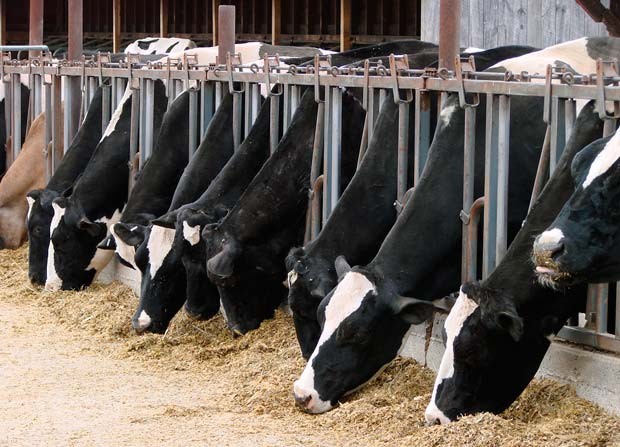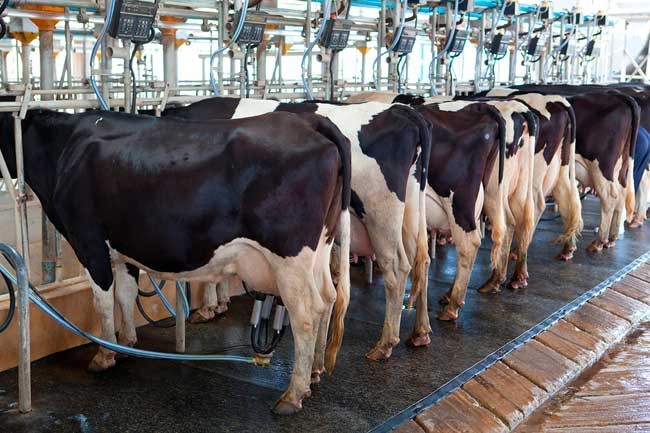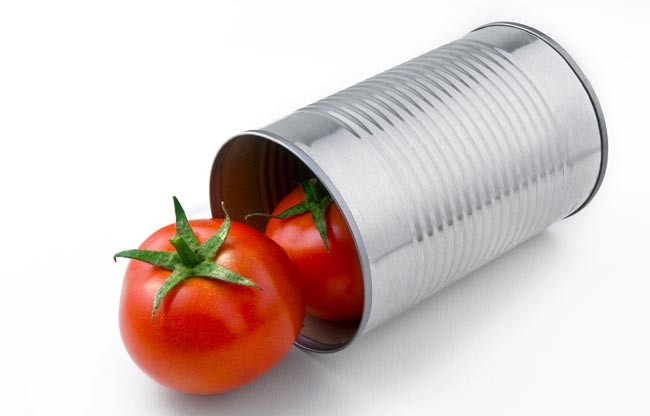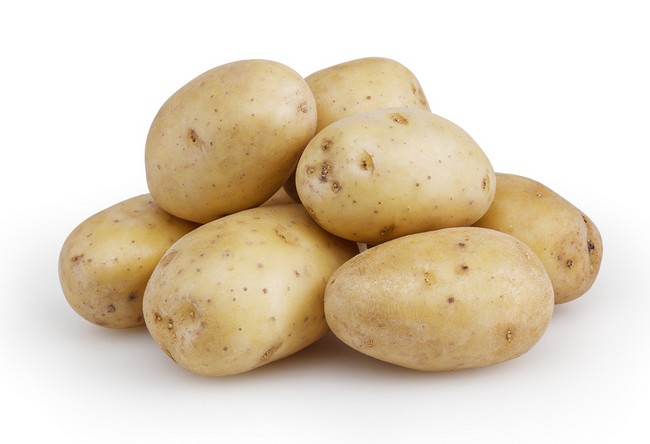- Make It Yourself Lavender Heart-Shaped Bath Bombs!
- 20 Things You Never Knew About “Down There”
- 12 Best Foods For Those Suffering From Arthritis Pain
- 12 Personal Hygiene Mistakes Almost Everyone Makes (Mom Never Told You About #4!)
- 15 Medicinal Plants And Herbs From The Cherokee People
- 12 Mind-Blowing Benefits Of Drinking Coconut Water During Pregnancy
- 12 Outstanding Winter Foods That Won’t Fatten You Up Like A Christmas Turkey
Common Foods That Food Experts Won’t Eat but You Do Everyday

Photo credit: bigstock
Scientists who study food are shining a light on food stuffs that are overloaded with chemicals and manmade toxins, and suggesting swaps of unhealthy food for healthy, clean food that will give you mega health. Let’s take a look at from another point of view, from those who spend their lives uncovering what is actually in the foods we eat and whether or not it is safe to eat. This isn’t necessarily a “banned” foods list, but try the swaps suggested and see if it doesn’t leave you feeling great and bring you better health.
1. Non Organic Apples
Organic foods experts won’t eat conventional, non-organic applies. The problem? Apples are the #1 fall fruit most covered in pesticides. Since each variety comes from single trees, there is no diversity to give apples a chance to develop any kind of resistance to insects; therefore, apples must be sprayed with toxic chemicals repeatedly.
Experts are quick to note that farm workers have the highest rates of many types of cancer, which shows how deadly these pesticides can be. Recent studies have linked pesticides with Parkinson’s disease. Your alternative? Buy organic apples.

Photo credit: bigstock
2. Corn Fed Beef
Most farmers won’t eat their own corn fed beef. Why? Cows were meant to eat grasses. Livestock owners now feed them corn and soybean to fatten the animals much more quickly.
When you look at a recent study done by the USDA and researchers from Clemson University, they discovered that the meat from grass fed cows is higher in many vitamins, including beta carotene, vitamin E, potassium, magnesium, omega 3 oils, not to mention lower in saturated fats.
The truth is most farmers keep another herd in a pasture, free ranging and grass eating, for their own consumption!
Your alternative? Shop around and look for grass fed beef. It’s usually found in most health food stores, including Whole Foods. If you don’t see it at your store, ask the butcher.

Photo credit: bigstock
3. Milk with Artificial Hormones
Cancer researchers won’t drink any milk that has come from cows given artificial hormones. If you haven’t heard about this yet, most diary famers give their cows an artificial hormone called recombinant bovine growth hormone, more commonly known as rBGH or sometimes rBST.
This hormone is used to increase milk production but can also increase infections in the udder and this can mean pus in the milk. This growth hormone can be passed on to people and can contribute to many types of cancer including prostate, breast, and colon cancer.
Read more about cancer causing food.
Most cancer researchers will tell you that the government approved this hormone believing it would be digested and broken down in the human digestive tract but that does not appear to be the case. You should note that this hormone is banned in most other industrialized countries. Your alternative?
Buy milk labeled hormone free or buy either raw or organic milk.

Photo credit: bigstock
4. Microwave Popcorn
Toxicologists will tell you that they that won’t eat microwave popcorn. You might be wondering why. Well, the lining of the bag contains a chemical called perflouorooctonoic acid, or PFOA.
A recent study done at UCLA shows these types of chemicals are linked to infertility in humans. Animal testing has been shown to have caused liver, pancreatic, and testicular cancer.
Microwaving the bag causes the chemicals to turn to vapor, then merge into the popcorn. These chemicals can stay in your body and accumulate for years, say researchers. Although most manufactures have said they will remove these chemicals by 2015, imagine how many millions of bags will be sold until then.
Your alternative? Make your own popcorn at home the old fashioned way, in a pan! Make it truly organic and use coconut oil instead of vegetable oils.

Photo credit: bigstock
5. Canned Tomatoes
Endocrinologists who study bisphenol-A won’t eat canned tomatoes due to the linings in the cans. Most tin cans are lined with bisphenol-A, a synthetic estrogen.
Bisphenol-A has been linked to many illnesses from heart disease, obesity, and reproductive issues.
The acidic nature of tomatoes seems to cause BPA to leak into the product inside. Most endocrinologists won’t even consider eating canned tomatoes. Sounds like we shouldn’t either.
Your alternative? Buy tomatoes sold in glass containers. These are sold in most health food stores and Trader Joe’s.

Photo credit: bigstock
6. Non-Organic Potatoes
Organic food experts won’t eat non-organic potatoes because they know most root vegetables, such as potatoes and carrots, absorb everything that ends up in the soil, including herbicides, fungicides, and pesticides.
Potatoes are treated (sprayed) three times in their life cycle before they make it to the supermarket and washing them doesn’t remove what they have absorbed inside the vegetable.
There are organic food experts who have spoken to potato growers who say that they would never eat the vegetables they are growing and selling. Your alternative? Buy organic potatoes. Or grow your own.
They take very little space and grow almost anywhere, including containers.

Photo credit: bigstock
7. Conventional Soy (GMO unfermented soy)
Biotech specialists will not eat conventional soy. GMO (genetically modified) food has become a topic of great concern. Approximately 90 per cent of the world’s soy products are GMO.
Fermented soy is the only source of soy that should be considered safe for human consumption.
GMO soy has been linked to hormonal imbalances and certain cancers. Your alternative? Read the label; be sure it states Non-GMO.
Find out more how to avoid GMO foods.

Photo credit: bigstock
8. Farmed Salmon
Fishery experts won’t eat farmed salmon because they are fed an obscenely unhealthy diet, which translates to a very poor quality meat. These fish are kept in overly crowded pens, and mostly fed corn, soy, and chicken litter, which can include pesticides, PCB’s, and other known carcinogens.
They are also given large doses of antibiotics and pesticides to treat the fish for disease.
These chemicals are then passed on to you. Fish experts state that fish with the most contamination come from Northern Europe but they are often found in American restaurants.
Your alternative? Eat only wild Alaskan salmon. There are no commercial fisheries left for wild Atlantic salmon, so if the package or restaurant says fresh Atlantic salmon, it’s from a farm.
Sources:






























